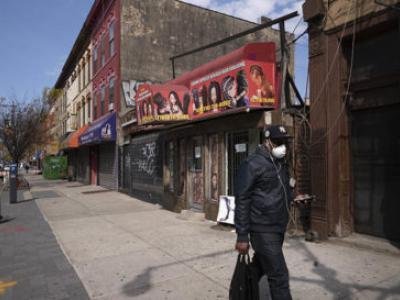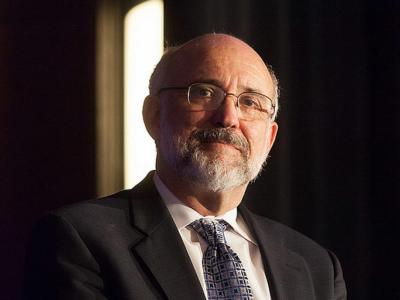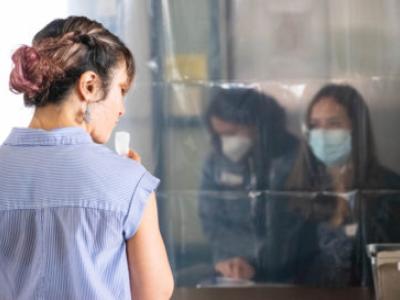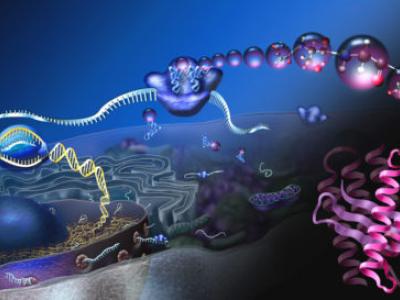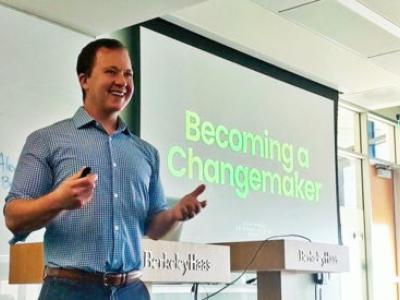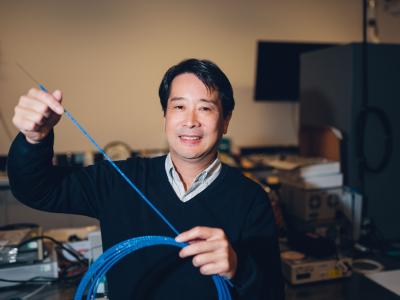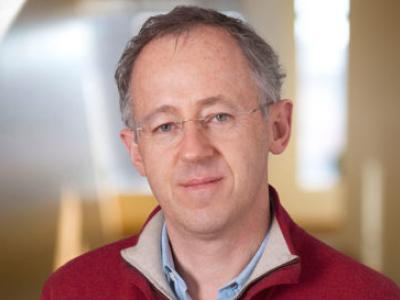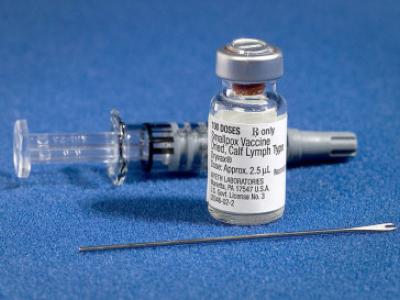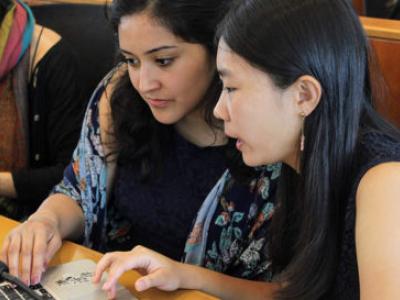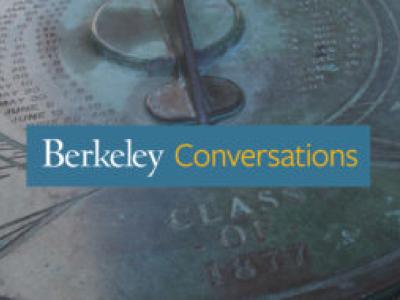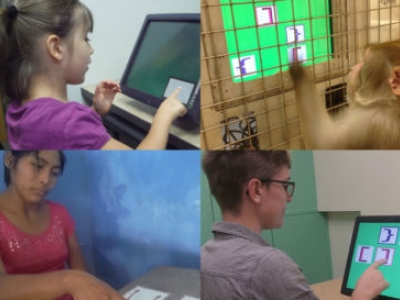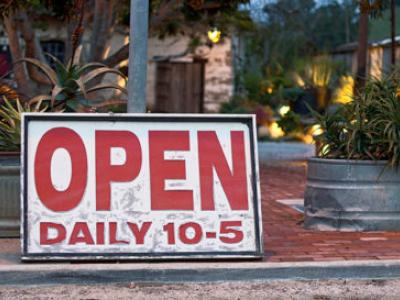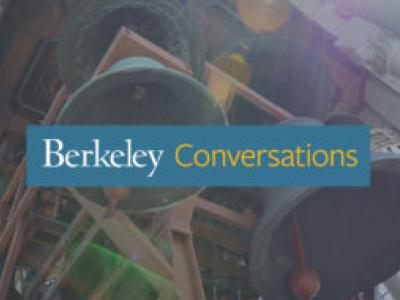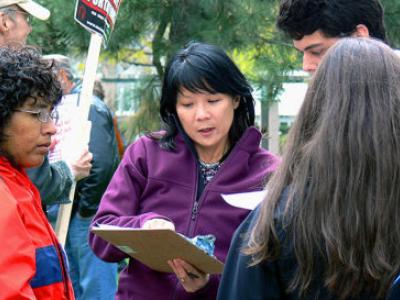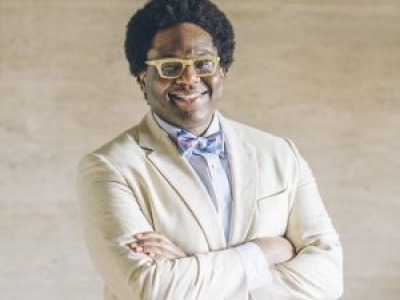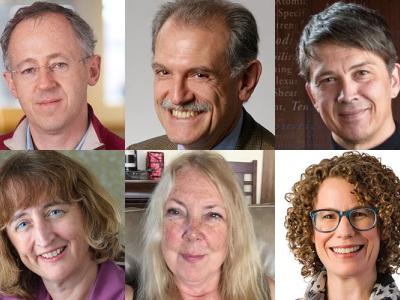The COVID-19 pandemic has led to unprecedented levels of unemployment and economic uncertainty, and despite strong government efforts to address human needs, continued support and bold policy are essential for the months ahead, top scholars said during a recent event at UC Berkeley.
Research News
Learn more about UC Berkeley's researchers and innovators.
Showing 1297 - 1312 of 3512 Results
The NACS Award for Distinguished Service in the Advancement of Catalysis recognizes an individual who has advanced catalytic chemistry or engineering by significant service to the catalysis community in addition to technical accomplishments.
Scientists from the Innovative Genomics Institute (IGI), the same UC Berkeley group that rapidly popped up a state-of-the-art COVID-19 testing laboratory in March, are now trialing a quicker way to obtain patient samples: through saliva.
A team of institutions led by UC Berkeley has been awarded a $20 million research grant from the National Science Foundation to pursue breakthrough technologies towards new medicines and innovative materials. The effort brings together a team of chemists, biologists, engineers, and data scientists to tackle a “Holy Grail” problem in the chemical sciences: how to synthesize truly sequence-defined chemical polymers, oligomeric molecules possessing both a pre-determined, diverse sequence, and a defined length.
The instructors of a new UC Berkeley course have set an ambitious goal: changing the world, one student at a time.
“The Berkeley Changemaker: A Discovery Experience” is a three-week class offered this summer to first-year undergraduates to help them identify their passions and leverage their leadership traits to transform Berkeley and the world, for the better.
Rather than close the New York City subway Canarsie Tunnel for repairs, a team including Kenichi Soga, Berkeley professor of civil engineering, developed a plan to strengthen the walls with fiber-reinforced polymer and install fiber optic sensors to remotely monitor the tunnel’s vulnerability to future damage. Soga explained his work to advance this technology and speed its implementation in major infrastructure projects. His work is supported by the Bakar Fellows program.
Stefano M. Bertozzi, UC Berkeley School of Public Health Dean Emeritus and professor of Health Policy and Management, has just been named editor-in-chief of a new peer-reviewed journal focused on COVID-19 research published by MIT Press.
On a spring morning in 1955, a pair of press officers greeted a mob of reporters in a stately hall on the University of Michigan campus. The officers had hot news: A clinical trial of the long-awaited polio vaccine had proved it to be safe and effective. The reporters nearly rioted in their scramble to spread the word. Once they did, church bells rang, and people ran into the streets to cheer.
Five hundred videos in 10 days. That’s the job 10 students and alumni at UC Berkeley’s Human Rights Investigations Lab and students at Cambridge University recently tackled with researchers from Amnesty International’s Citizen Evidence Lab to map police violence across the U.S. in the wake of the May 25 killing of George Floyd in police custody. Together, they searched for, examined and verified digital content shot by citizens and posted on social media.
As the country moves toward reopening — and with it some sense of “normalcy” — UC Berkeley researchers said simply returning to normal isn’t enough. Rather, they said, dismantling structural racism must be part of any reopening strategy.
Humans and monkeys may not speak the same lingo, but our ways of thinking are a lot more similar than previously thought, according to new research from UC Berkeley, Harvard University and Carnegie Mellon University.
In this talk, speaker Camara Jones defines racism as a two-sided open/closed sign — while those on the open side might not recognize the other side says “closed,” those on the outside are well-aware, she says.
At a time when the pandemic is being politicized, a panel of UC Berkeley scholars called on Friday for bridging among different social and racial groups to help recognize their common interests and to emerge from COVID-19 more unified.
The nation is locked in a state of polarization unprecedented in the past half-century, with deep, volatile divisions around issues of politics, race, religion and the environment. These issues can split families, break friendships and create enormous stress in communities — and yet, having a constructive discussion about the disagreements often seems impossible.
Berkeley Public Health is committed to research that reveals how racism drives systemic inequities within the health sciences.
Six UC Berkeley-led projects have won funding from the recently launched C3.ai Digital Transformation Institute to harness the power of artificial intelligence (AI) to combat the spread of COVID-19 and other emerging diseases.

